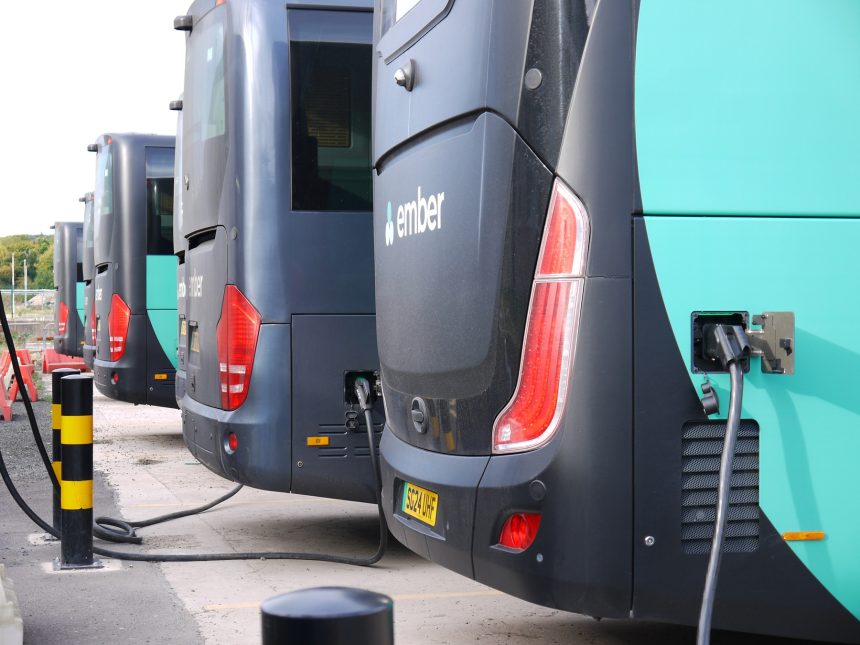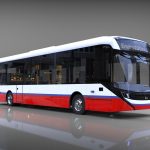Zemo Partnership has published a Delivery Roadmap for Net Zero Transport. It sets out the interventions required across key policy areas to bring forward investment in zero-emission technologies and low carbon fuels and to promote low carbon travel choices.
The Roadmap is the culmination of over a year of consultation with the widest range of stakeholders involved in the road transport decarbonisation transition, and it takes an economy-wide, whole-systems approach to making net-zero transport happen.
The commitment to increase the UK’s target for greenhouse gas emission reductions to 81% by 2035 compared to 1990 levels, as announced at the COP29 summit in Baku, is ambitious but currently unmatched by domestic policies necessary to achieve that.
It demands even greater urgency in delivering emissions reductions from road transport. The sector will need to be virtually carbon free by 2050.
New policies to address the barriers to rapid transport decarbonisation across all areas, including coaches and buses, are required. The roadmap points to where these interventions are most urgently needed.
Additionally, it addresses the need for action in coach and bus with a set of proposals to build on the impressive progress to date. With over 4,000 zero-emission buses in service, equivalent to around 10% of the UK bus parc, that segment leads the way in Europe on the decarbonisation agenda.
Zemo expects this figure to rise to 20% by 2026/27 thanks to existing funding provision, but beyond that, policy clarity is vital to maintain momentum.
Attention must also turn to decarbonising coaches. With fewer than 100 zero-emission coaches currently on the road in the UK, technology options are limited and support from government is non-existent. This is something that needs to change urgently to ensure that coaches can transition too.
The first pillar of the Roadmap focuses on decarbonising vehicles. It includes three key proposals for coaches and buses. These involve providing clarity to the industry by setting an end of sales date for new non-zero-emission buses, something that was consulted on in 2022.
That section also includes an investigation of the need for a Zero Emission Vehicle Mandate – similar to that implemented for cars and vans – to provide a trajectory to support such a date. In addition, the Roadmap seeks creation of a long-term funding mechanism for zero-emission buses by reforming BSOG to support the business case for purchasing them without grant funding.
Finally, it calls for grants to encourage demand for zero-emission coaches to enable the UK to reach its leadership potential in that space.
Aside from vehicles, the Roadmap also looks at measures to promote low carbon travel choices, where coaches and buses have a huge role to play. It proposes measures to achieve that, including the need to ensure that people have access to reliable and convenient public transport.
This will involve supporting local authorities to reduce road congestion and helping the public to make informed travel choices by providing them with consistent information.
Taking a whole systems approach to transport, the report addresses the need for action in other areas including developing the skills base, unlocking access to private finance, decarbonising legacy vehicles with low carbon fuels, and working collaboratively across the UK to ensure a stable policy environment – all of which are pertinent to enabling the coach and bus sector to decarbonise while offering significant opportunities to create new prosperity.
A merry Christmas and happy new year from Zemo Partnership.
Read the Zemo Partnership Roadmap here.



























